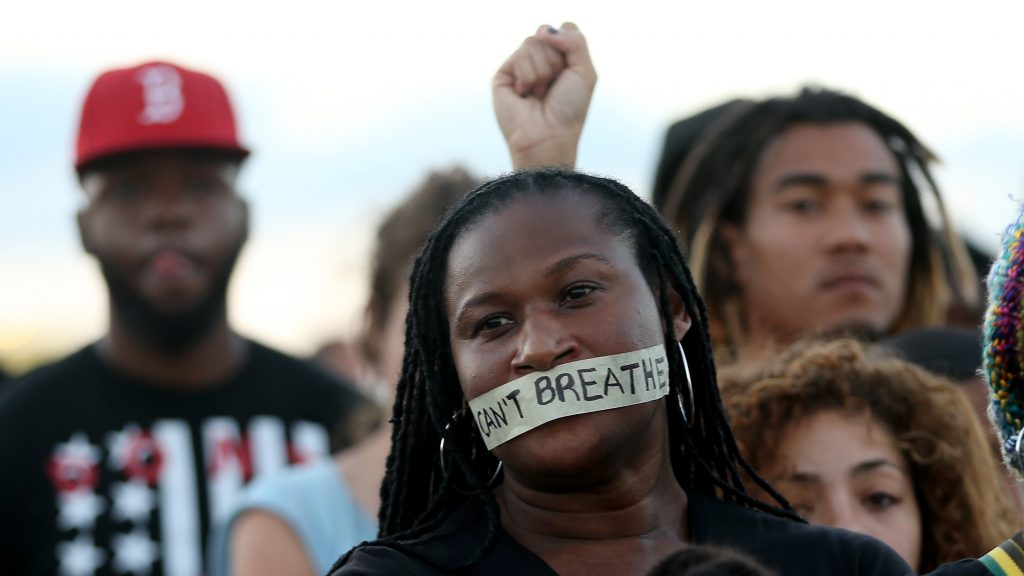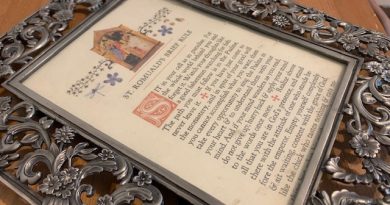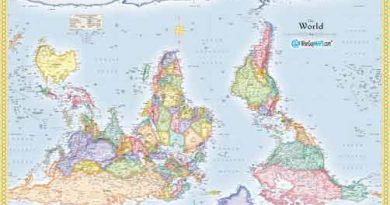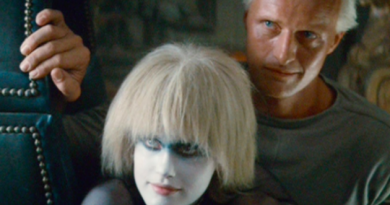Reflections on George Floyd and #blm

I went to high school and middle school in the Minneapolis suburbs, surrounded by lakes and hot dishes and the oppressive embrace of “Minnesota Nice.” I would escape into the city to visit First Avenue (an amazing club where Prince performed–although I was never cool enough to make it to a Prince show) and to visit thrift stores. My younger sister has settled in South Minneapolis, an incredible, vibrant community full of artists and immigrants and weirdos and working people.
And lots and lots of racist policing. The suburb I grew up in was profoundly segregated, and the city has one of the biggest racial housing and economic gaps in the country. Since the police murders of unarmed Black people Jamar Clark and Philando Castile, city leadership has tried to establish community policing standards and make police departments more accountable for violence, but to little effect.
And, as we all know, Memorial Day there was an act of horrific violence committed by a Minneapolis cop, Derek Chauvin, against an unarmed Black man, George Floyd. Witnessed by his coworkers, over the objections and pleas of bystanders, Chauvin pressed his knee on George Floyd’s neck for over nine minutes as Floyd said “I can’t breathe” until he died. Peaceful protests turned violent and have only escalated in the days since.
Last weekend, my sister and her wife traded shifts staying up all night to guard from the white supremacists who have descended on my beloved city in vans with blacked out plates, ready for battle. Tanks roll down the streets and military helicopters fly overhead. Citizens have protested in solidarity with the Minneapolis Black community all over the world, and have all too often been met with violence by police and/or escalated into riots.
It’s all terrifying. I hope that it augurs widespread change, but right now the main thing I can see is the chaos. I don’t know what the long term holds, but I know that in the short term we can look for ways to help.
Here’s a list of bail funds and legal help by city.
Here is a link to the Minnesota Freedom Fund, an organization that pays bail bonds in Minneapolis.
I know that it’s hard to know how to act right now. Some of us can’t march because we’re immunocompromised or have at-risk loved ones; some of us lost jobs and don’t have money to give; some of us are frozen by despair.
But I have faith in this community, and particularly in our commitment to the greater good. During my time at Tufts I have met students and faculty and staff who have pushed me to rethink my own long-standing assumptions about the world, who have inspired me to take action and given me concrete models for doing so, who have lovingly pushed me to be smarter, kinder, and more open-hearted. We can all do something.
If you need me, I’ll be over here teaching Undoing White Supremacy 101 to my 8 and 4-year-old, holding Black and Brown communities in the light as best I can.


